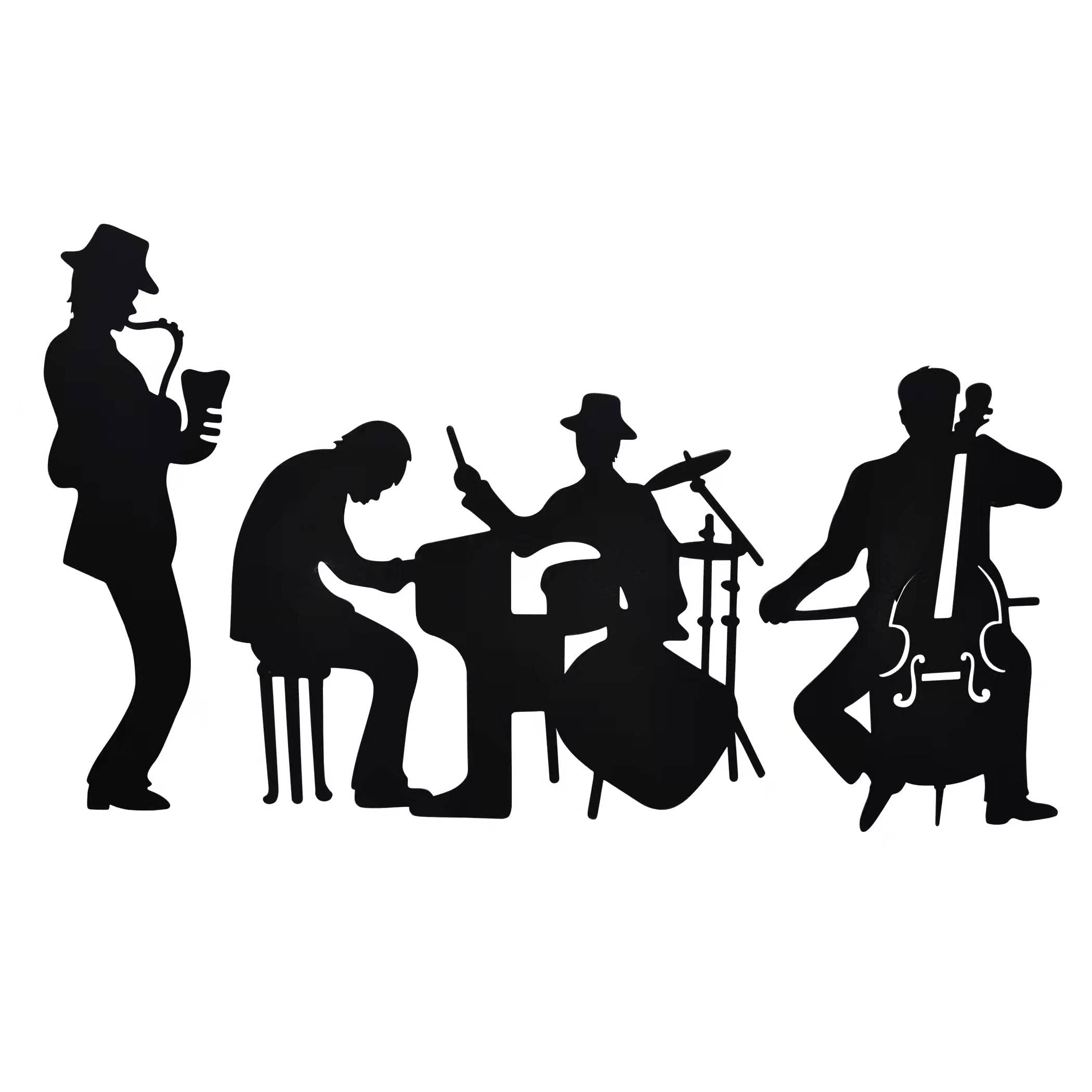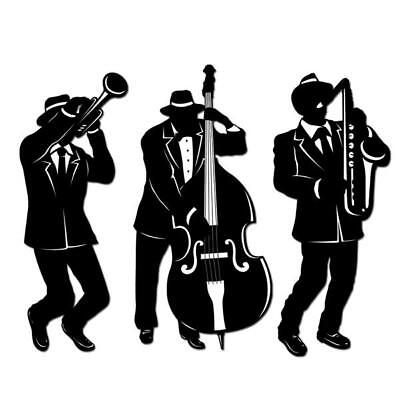Fred Katz
Frederick Katz was an American cellist and composer. He was among the earliest jazz musicians to establish the cello as a viable improvising solo instrument. Katz has been described in CODA magazine as "the first real jazz cellist."
While smoky jazz cellars often conjure images of wailing saxophones and thumping bass lines, one unlikely resident carved a unique niche in the 1950s scene: Fred Katz, the "Jazz Cello."
Katz wasn't your typical jazz musician. A classically trained cellist with a philosophical bent, he defied expectations by bringing his instrument into the realm of improvisation. During his tenure with drummer Chico Hamilton's influential quintet, Katz's cello became a revelation. Its warm, resonant tones blended seamlessly with the quintet's cool West Coast sound, adding a layer of textural intrigue that had never been heard before.

This wasn't just a gimmick. Katz wasn't simply mimicking the lines of a saxophone or bass. He explored the full potential of the cello for improvisation, utilizing pizzicato techniques, double stops, and glissandi to create a voice that was both lyrical and percussive. Tracks like "Suite for Horn" showcased his ability to weave intricate melodies, while "Pluck It" highlighted his rhythmic drive.

Katz's impact went beyond the quintet. His solo albums, like "Soul-o-cello" and "Fred Katz and His Jammers," further solidified his reputation as a groundbreaking soloist. He wasn't afraid to experiment, incorporating elements of world music and even philosophical themes into his compositions.
But Fred Katz wasn't just a player; he was a composer as well. His scores for films like "Little Shop of Horrors" displayed his versatility, while his collaborations with spoken-word artist Ken Nordine on the "Word Jazz" series pushed the boundaries of musical expression.
Despite his innovations, Fred Katz remained somewhat of a hidden gem in the jazz world. Perhaps the novelty of the cello overshadowed his musicality, or maybe his intellectual approach didn't fit neatly into the stereotypical image of a jazz musician.
However, for those willing to delve into the cellar, Fred Katz's music offers a treasure trove of discovery. His work not only challenged the established roles of instruments in jazz but also demonstrated the vast expressive potential that improvisation could unlock. So, the next time you explore the world of jazz, keep an ear out for the warm, rich tones of the cello – it might just be Fred Katz, the pioneer who dared to bring a classical instrument into the heart of the jazz revolution.